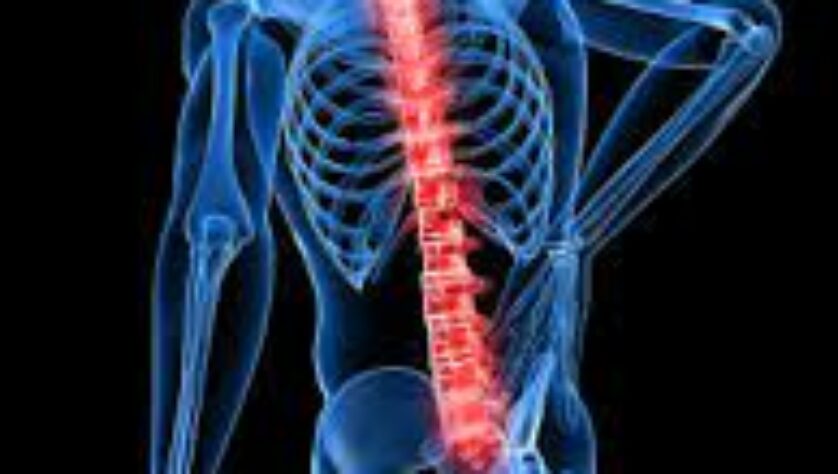Herniated Discs and Disability: A Comprehensive Guide to Seeking Benefits
Dealing with a herniated disc can be not only painful but also debilitating, making it impossible to perform your job. If you find yourself in this situation, seeking legal advice is crucial to understanding your rights. Here’s a detailed overview of seeking disability benefits for a herniated disc:
Types of Disability Benefits Covering Herniated Discs
There are three primary types of disability benefits for individuals unable to work due to herniated discs, each with specific eligibility criteria. You may qualify for one, two, or all three of these benefits:
1. Workers’ Compensation Disability Benefits: These benefits apply to job-related injuries and, in some cases, non-job-related injuries. The amount is determined by your current wage and the duration you are unable to work. Typically paid weekly, these benefits cover 60 to 66 percent of your weekly wage.
2. Social Security Disability Insurance (SSDI) Benefits: Administered by the U.S. Social Security Administration, SSDI is a federal program. Eligibility requires sufficient Social Security credits, earned by contributing to the Social Security system through regular paychecks.
3. Supplemental Security Income (SSI) Benefits: Also a federal program administered by the U.S. Social Security Administration, SSI is needs-based, considering your current income as a disabled worker.
When Can You Seek Disability for a Herniated Disc?
The timing for seeking disability benefits varies for each program:
Workers’ Compensation: Generally available for on-the-job herniated discs. Strict filing deadlines apply, so consulting an attorney promptly is crucial.
SSDI and SSI: Eligibility is based on the inability to work due to injury or illness, regardless of whether it is job-related. If your herniated disc prevents you from working, consulting a lawyer to explore SSDI and/or SSI benefits is recommended.
How to Seek Disability for a Herniated Disc
The process for seeking disability benefits differs for each program:
Workers’ Compensation: File a claim with your employer or state workers’ compensation commission. Given common claim denials, seeking legal representation is advisable.
SSDI and SSI: File an application with the U.S. Social Security Administration. Due to the complexity of the process, consulting an experienced attorney can significantly improve your chances of approval.
5 Important Facts about Herniated Disc Disability Claims
1. Severity of Herniated Discs: Herniated discs can be serious injuries, impacting various aspects of life. Adequate treatment and benefits are crucial to managing the associated costs.
2. Qualification for Benefits: You can qualify for workers’ comp or SSD benefits with a herniated disc, even if the injury is not job-related.
3. Coverage for Lost Income and Treatment: Workers’ comp and SSD benefits cover both lost income and treatment expenses related to herniated discs.
4. Eligibility Despite Switching Jobs: If you switch to a lower-paying job due to a herniated disc, you may still qualify for certain disability benefits.
5. Importance of Hiring a Disability Attorney: Due to the complexity of benefit claims, hiring a disability attorney is highly recommended to streamline the process and maximize benefits.
What Else to Know if Unable to Work Due to a Herniated Disc
If your herniated disc prevents you from working, prompt action is crucial. Treatment options are available, and legal assistance can help you secure the disability benefits you deserve. Contact a local attorney through InjuryRadar.com to discuss your situation.
Recap: Can You Get Disability for a Herniated Disc?
In summary, yes, you can get disability benefits for a herniated disc through workers’ compensation, SSDI, or SSI. Workers’ comp covers job-related injuries, while SSDI and SSI cover disabling injuries regardless of their origin. Seeking legal representation ensures proper filing and maximization of benefits. Additionally, consider exploring whether you are entitled to additional compensation for non-financial costs associated with your herniated disc. Consult with an experienced attorney via InjuryRadar.com to navigate the complexities and protect your rights effectively.






